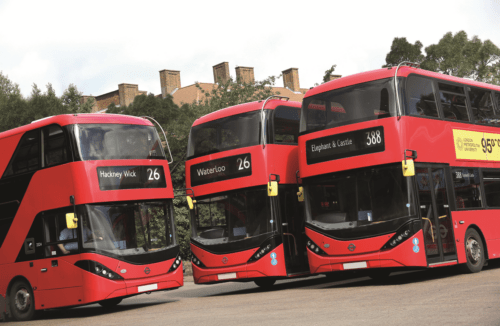
Asset Alliance Group has recently expanded its remit to encompass coach and bus rental as part of its plans for growth. Jonathan Welch finds out more
Asset Alliance Group will be a name familiar to most industry professionals, not least as we’ve spoken to the company before in the pages of CBW about its expansion within the coach and bus funding sector. The finance specialist has recently expanded its remit with the launch of a new coach and bus rental offering, which it says aims to support the specific needs of UK operators. The company believes the move will significantly expand its market share in the sector.
The company also recently took on two new Business Development Managers, Paul Fairbanks and Michael Gillen, to underpin its ambitions to grow its coach and bus division. To support the new venture, the company has invested in a fleet of new vehicles which are available for rental at a fixed monthly cost via various different contract options, starting from one year, though Asset Alliance says that shorter terms could be agreed depending on availability.
Chief Executive Willie Paterson said the move represented a huge investment for the business, and a major innovation for its rapidly-growing Bus & Coach division, expressing his confidence that the new offering would be widely welcomed by operators of all sizes. He called the move a step in the right direction towards achieving Asset Alliance Group’s goal to become the number one bus and coach finance and leasing partner in the UK.
Ambition
[…]By subscribing you will benefit from:
- Operator & Supplier Profiles
- Face-to-Face Interviews
- Lastest News
- Test Drives and Reviews
- Legal Updates
- Route Focus
- Industry Insider Opinions
- Passenger Perspective
- Vehicle Launches
- and much more!


